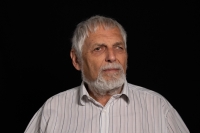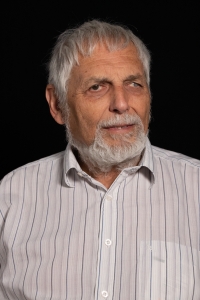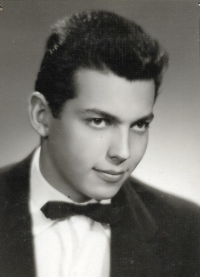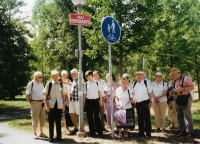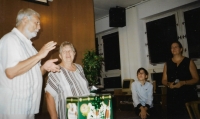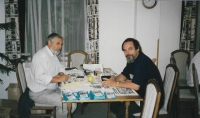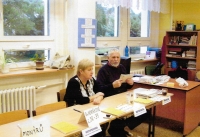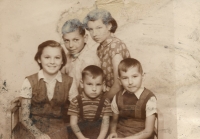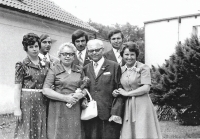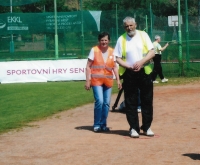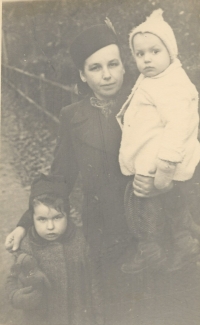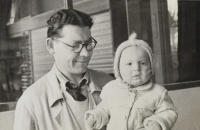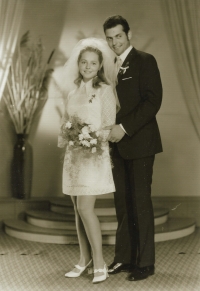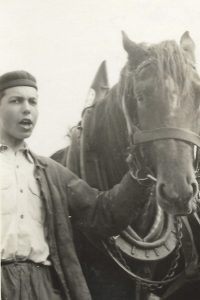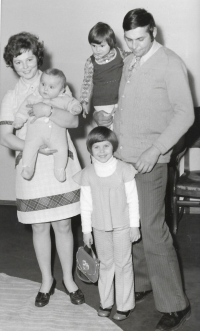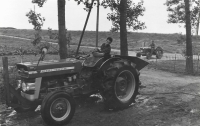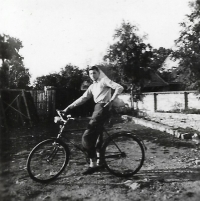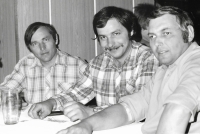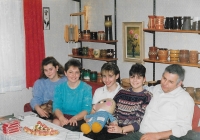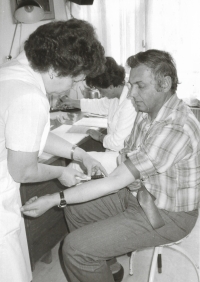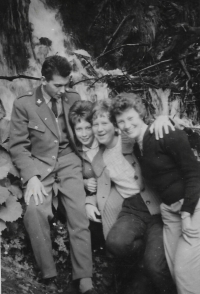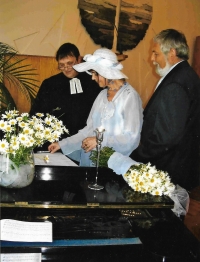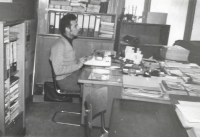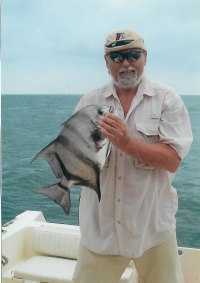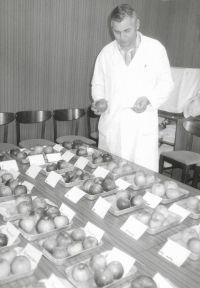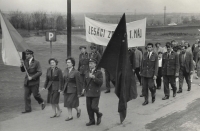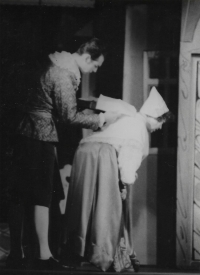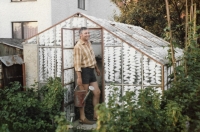Hidden among the washing lines, he was filming the Soviet occupiers
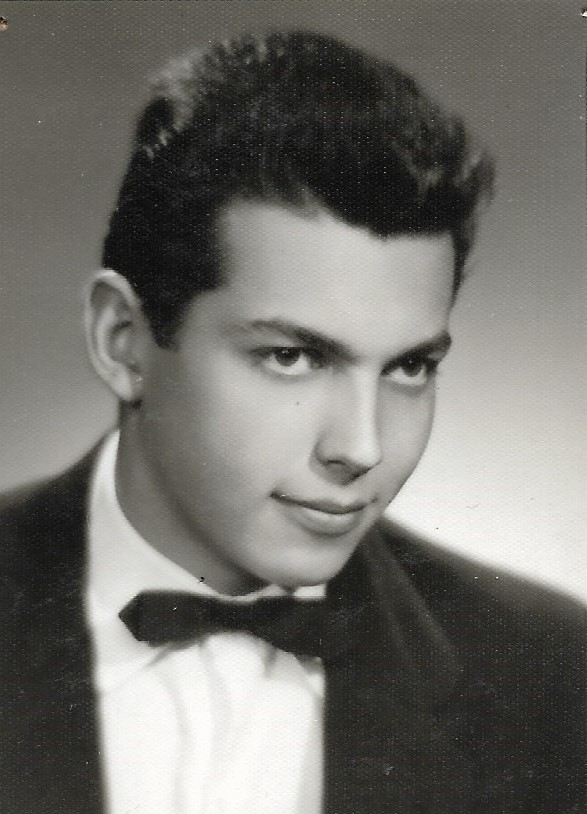
Download image
Pavel Polnický was born on 10 April 1943 in Nymburk. Two years later his parents moved to Poděbrady, where he lived almost all his life. His father was a member of the Social Democratic Party and refused to join the Communist Party in 1948. Because of his decision, he was forced to go into manufacturing and his children had trouble to be admitted to study. The Polnický family belonged to the Czech Brethren Evangelical Church, and the witness never left the Christian circles. At the beginning of the 1960s he started to learn Esperanto. Gradually he became an excellent expert in Esperanto, an organizer of Esperanto events and an active member of Esperanto organizations. He also devoted himself to children, whom he taught Esperanto to or he used to go on language exchange camps with them. In August 1968, he filmed the arrival of the occupying armies and later the funeral of Jan Palach. He refused to join the Communist Party of Czechoslovakia and to cooperate with State Security. During the Velvet Revolution, the whole family would go to Letná to take part in demonstrations. As a lifelong blood donor, he was awarded the Golden Plaque of Professor Jánský in 2002. Pavel Polnický was living in Poděbrady in 2022.
